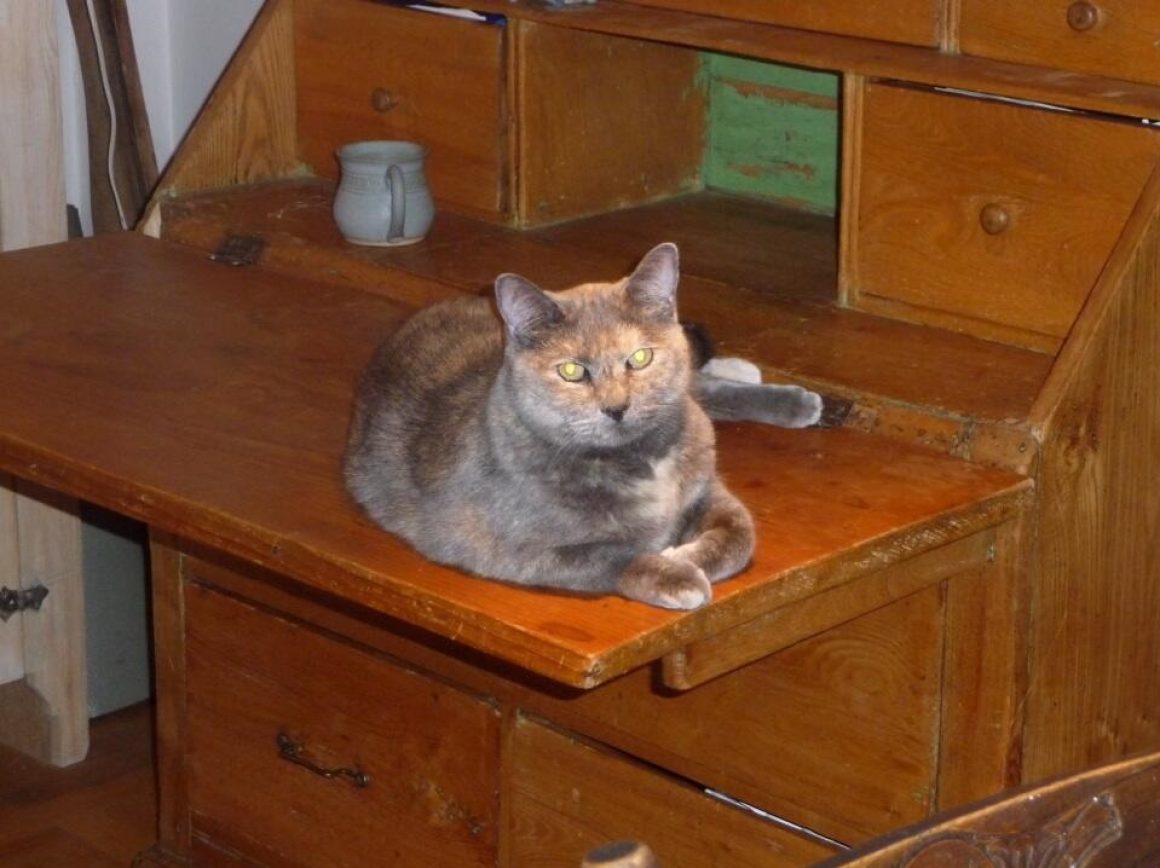A long time ago, when I was going through a particularly difficult time, someone told me, “You need to be one with the road.” When she said this, she meant that life is like a road, and that we cannot escape or fight against its basic nature—the twists, curves, hills or lengths or weather we find. Rather, we must endure. Reading Laura Lush’s poem “Highway” brought the advice to mind. In the poem, the speaker confronts the “brute” (3) nature of the road before her. If we view the road as a metaphor for existence, then we could surmise that the poet is really facing or delineating the more difficult aspects of being alive.
The speaker describes the road she is on with words and images which suggest its difficult nature. The road is “broken” or “scarred by wrecks” (1). Later, she notes, “so much of that road/ nothing” (5/6), and that it is “bustling/ with transports, the incomprehensible speed of life”( 6/7). The road is also “terror-capable” (6). She sees disruption and death, emptiness, danger and unfeelingness. She then reveals her stance, or relationship to the road. She reports that she “walk[s] this road” (4) and that she “stop[s] to unlodge a stone” (4) and that this action of pushing the stone “hurts” (4). The image of the speaker walking the road suggests that despite its terrors, she travels it. The fact that she tries to “unlodge a stone” (4) could suggest a need or will to alter or at least explore its random, senseless obstacles. But the action “hurts” (4) “the way nothing has ever hurt” (5). The resulting pain from her participation is more serious than any other hurt, suggesting that her relationship with the road is essentially a struggle. By the end of the poem, the narrator proposes that the road is more powerful than the sun, the natural body we associate with strength and life. She notes, “Not even the sun, orange and fierce,/ can tack this road down.” (13/14) She creates an image of the road as so powerful it is unalterable. Still, she must nevertheless navigate it.
Reading the poem, we sense the similarities between the road the speaker sees and life, and can read in her response to the road her response to existence. The road, like life, is something we travel or follow. We find ourselves on it. Just as the road is “scarred by wrecks” (1) so can our lives be “scarred” by sudden, irrecoverable losses and misfortunes. Also, as the narrator “walk[s] this road” (4) , so, too, do we walk or travel through our lives, encountering bewildering pain. When she reflects, “not even the sun… /can tack this road down” (13/14) we see another similarity between the road and our existence—nothing can prevent its twists and turns or emptiness. Nor can death or loss be prevented.
Lush creates startling images. The images of “deers bunting/ into windshields” (1/2) and “brute of a highway brooking soft shoulders” (3), allow us to see the chaos and sudden deaths, but also the gentleness of life on the road with “deers” (1) and “brooking” (3). Her line breaks add power to the poem, underlining themes. The speaker notes, “so much of that road/ nothing”(6). In placing “road” at the end of the line and “nothing” at the beginning of the next, she emphasizes the endlessness of the road and the weight and size of the “nothing”. Also, she writes, “bulrushes—quiet and reed-necked, sluicing/ the gutters” (10/11). Ending with “sluicing” Lush intensifies the cleansing aspects of the bulrushes, then, beginning the next line with “gutters” intensifies the lowness and ugliness of their habitat. Lovely actions take place in lowly locations. Ultimately, her line breaks create a force and rhythm that the reader can hardly escape. It is as if we are behind her eyes, and completely inside her sensibility, the way she sees things. The depth and honesty in the poem resonate powerfully. Nowhere does Lush attempt to portray the road in an optimistic light; she sees it for exactly what it is: “terror-capable” (6). Lush allows her grasp of it, her comprehension of its nature, to be the only solace, and great solace it is, for this reader, to have truth told.
A powerful, brave, complex poem, from one of Canada’s finest poets.
Laura Lush is the author of several poetry collections including Hometown, Softly in German, Darkening In, Fault Line, The First Day of Winter, and Going to the Zoo . She has received the Bliss Carman Award for Poetry and has been nominated for a Governor General’s Award. “Highway” is from her forthcoming collection Carapace.
Lush, Laura. “Highway.” Carapace. Kingsville, Ontario: Palimpsest Press, 2011.
